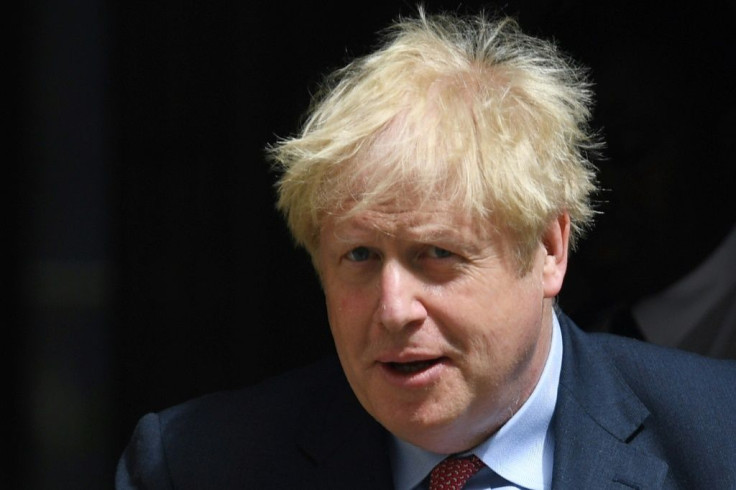UK Unlikely To Wrap Up Trade Deal With US This Year

KEY POINTS
- Boris Johnson had initially hoped to conclude a comprehensive trade pact with the U.S. by late summer.
- One of the major stumbling blocks between London and Washington has to do with US agricultural products
- The U.S. also wants Britain to scrap any digital sales taxes on American tech companies
The U.K has removed any hope that it can reach a trade agreement with the U.S. – its biggest trading partner -- before the U.S. presidential election in November.
Bloomberg reported negotiations with the U.S. will probably not finish until January 2021, thereby delaying Prime Minister Boris Johnson’s pledge to strike trade deals quickly on his own following Britain’s exit from the European Union.
Johnson and U.K. International Trade Secretary Liz Truss had initially hoped to conclude a comprehensive trade pact with the U.S. by late summer.
One of the major stumbling blocks between London and Washington has to do with agriculture – the U.S. wants more access for its farm products in Britain, while U.K. politicians and farmers do not want such products as chlorine-washed chicken or hormone-treated beef to enter their country.
The British government has said it will “rigorously protect” the U.K.’s public services and maintain high standards for its consumers and workers. Johnson has pledged to "drive a hard bargain" in trade talks.
The U.S. also wants Britain to scrap any digital sales taxes on American tech companies.
Nonetheless, the countries two most senior trade officials -- Truss and U.S. trade chief Robert Lighthizer – reportedly enjoy good rapport.
But last month, Lighthizer told the House Ways and Means Committee that there is “still a long way to go” to reach a deal with Britain.
“It is almost impossible unless the members [of Congress] decided they want to do something extraordinary,” he added, referring to the fact that any trade pact needs Congressional approval.
Similarly, Truss told the House of Commons there is no timetable for concluding the trade talks.
“We are concentrating on getting a good deal rather than meeting any particular negotiation timetable,” Truss said.
She added the U.K. government was “not going to rush into a deal.”
An official from the U.K. Department for International Trade said: “Talks are going well and are proceeding at pace, and we’re hopeful of making further progress when the third round starts next week. We’ve been clear that there is no deadline -- our focus is on getting a deal that works for the whole country. We’re being tough in pressing our interests.”
The third round of talks will occur over an online video conference on Monday, but no one expects any concrete progress.
“Is it going to happen this year? Basically, no,” an official told the Financial Times. Another official; said: “We don’t want to be bounced into a deal.”
On Tuesday, U.S. Secretary Of State Mike Pompeo met with Johnson and other senior politicians in London and said he wanted to “bring this [trade deal] to a closure just as quickly as possible.”
But Sam Lowe, a senior research fellow at the Center for European Reform, said the idea of a trade agreement with the U.S. is no longer a such high priority for the U.K.
“It was always hard to see the [U.K.] government steamrolling that through,” said Lowe.
The U.K. is the U.S.’ seventh largest trading partner and the fifth largest export destination for American goods and services.
© Copyright IBTimes 2025. All rights reserved.





















